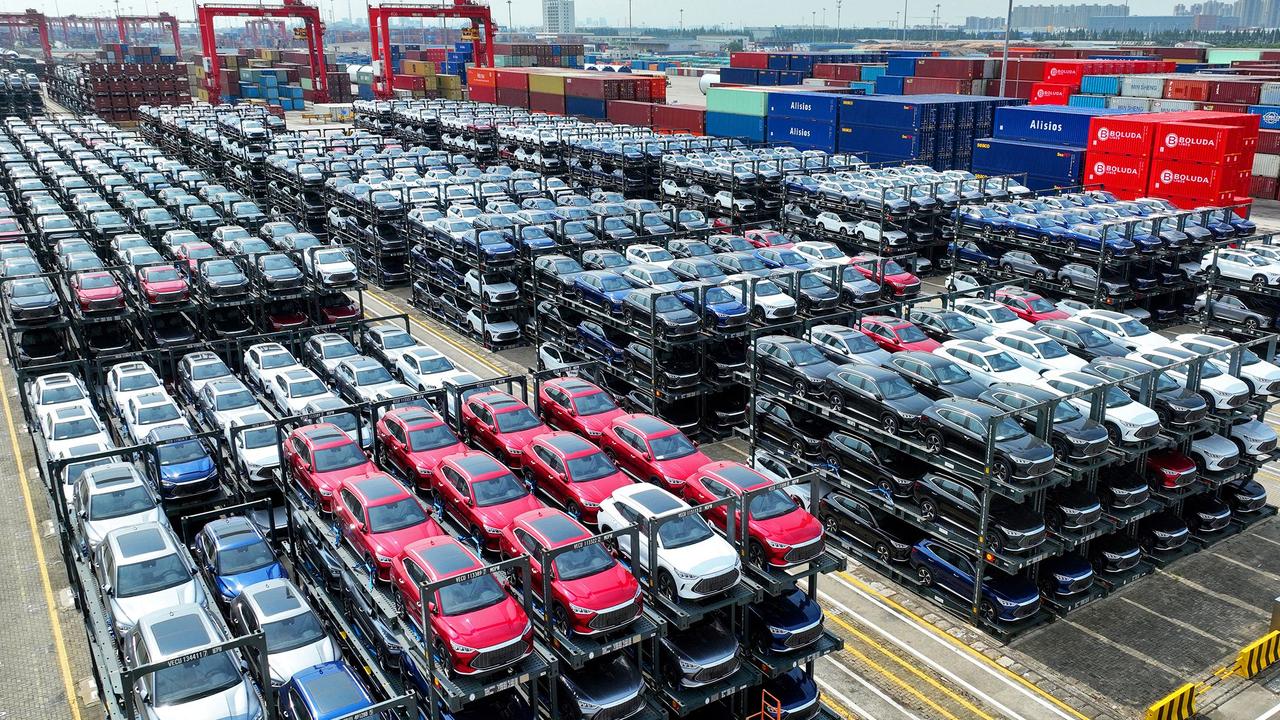Luxury German automaker must urgently win back market share
Mercedes chief council urges the German automaker to rethink its strategy in China as sales dwindle, competition rises and internal pressures increase.
Mercedes-Benz is facing one its toughest challenges yet: staying relevant in China.
The German automaker’s global sales have dropped by 4.3 per cent in the first nine months of 2024 to 1.46 million units, with a clear decline in China.
Once a market that Mercedes relied on for growth, China is turning its backs on Western EVs in favour of domestic alternatives.
Mercedes-Benz’s council chief Ergun Lumali said the automaker must urgently win back market share and change its strategy to avoid global sales dropping below 2 million a year.
“We would not be satisfied with any less than two million cars a year – we need that to use our German sites to capacity,” he told German newspaper Frankfurter Allgemeine Zeitung (FAZ).
Lumali emphasised that if the numbers drop, it would be “fatal” for the company long-term.
As Lumali expressed it’s not just about profits, the company’s German production facilities rely on robust global sales to continue operating.
According to Reuters, internal tension has been increasing due to executives insisting that cuts must be made to survive while labour representatives blame misguided strategies.

Mercedes-Benz chief executive officer Ola Kallenius previously said China is a “key partner” and essential for the company’s success.
Kallenius has doubled down on his premium approach with an aim to cut costs by 20 per cent by 2025.
“We need growth, growth, growth” he said.
But critics argue that this plan may not work as it doesn’t appeal to price-sensitive Chinese buyers or counter local competition.
China remains critical to Mercedes-Benz’s success and to the longevity of its German plants.
But China’s internal automotive market is unlike any other.
The market is dominated by state-backed manufactures, such as BYD, who offer cutting edge technology and competitive prices, making it nearly impossible for legacy brands like Mercedes to compete.

A few months ago, the company announced an investment plan in China, collaborating with Chinese partners, BAIC Group and Fujian Motors, to invest $14 billion Yuan into region-specific models, including a China-exclusive electric CLA and a long-wheel base GLE SUV.
It’s not just Mercedes who are seeing a decline in sales, VW, Porsche, BMW and all posted big sales slumps in China for Q3 2024 and there’s no guarantee they’ll recover.
The automakers have been scrambling and restrategising by expanding their EV offerings, local production and partnerships, focusing on technology and strengthening investment.
For instance, back in February, Volkswagen announced a partnership with Xpeng to produce two smart vehicles for the Chinese market.



